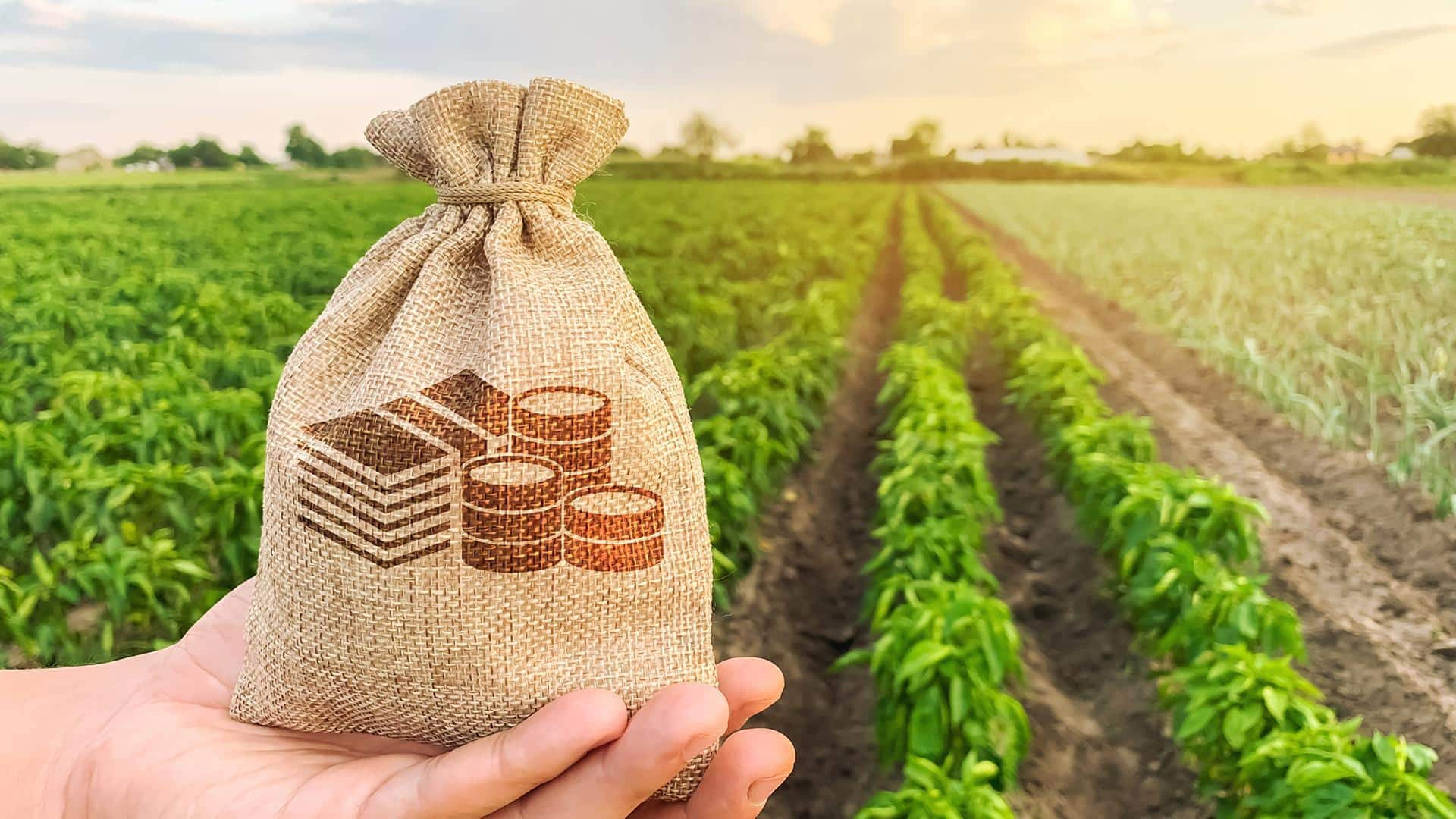
India, UK will form subcommittee to address agricultural trade barriers
What's the story
India and the UK have agreed to form a subcommittee on sanitary and phytosanitary (SPS) measures. The move comes as part of their Free Trade Agreement (FTA). The primary objective of this subcommittee is to address regulatory barriers in agricultural and food trade between the two nations. It will ensure that safety regulations for plants, animals, and food do not become unwarranted hurdles to market access.
Regulatory impact
UK's stringent safety regulations and India's lenient ones
The SPS subcommittee will play a key role in enforcing safety measures, especially considering the UK's stringent safety regulations and India's comparatively lenient ones. The enforcement is expected to address issues like fertilizer residues found in Indian agricultural exports. The FTA document states that India will get duty-free access to over 95% of the UK's estimated $85-88 billion agricultural imports by 2024.
Export boost
FTA to boost Indian agricultural exports
The tariff concessions under the FTA are expected to boost Indian agricultural and processed food exports to the UK by over 50% in three years. This will bring Indian products on par with those from countries like the EU, South Africa, Turkey, Canada, Peru, and Vietnam that already enjoy preferential access to the UK market.
Meeting schedule
Exporters have welcomed the new SPS framework
The first meeting of the SPS Subcommittee will be held within a year of the FTA coming into force. Thereafter, annual meetings will be held unless otherwise agreed upon. Exporters have welcomed the new SPS framework, saying it will significantly boost agricultural exports by providing greater clarity, predictability, and global alignment to address long-standing challenges like inspection delays and shipment rejections.
Export facilitation
Framework will facilitate smoother clearances, enhance global confidence
The new SPS framework will also ease basmati rice exports to Europe, where only pesticide-free rice is allowed. Each shipment now requires an Export Inspection Agency (EIA) approval certificate before dispatch, a process that takes 10-15 days and affects shipment timelines. Amit Goel, CEO of KNAM Foods, said this development will facilitate smoother clearances and enhance global confidence in Indian agri-exports.
Cooperation boost
Progress may be slow due to significant differences in systems
The SPS subcommittee will also provide a platform for information exchange on each country's sanitary and phytosanitary regulatory system. Under the trade deal, both countries will identify initiatives to strengthen bilateral technical cooperation. However, Ajay Srivastava of Global Trade Research Initiative has cautioned that progress may be slow due to significant differences in their SPS systems. He suggested prioritizing top 100 agricultural export items and setting a clear timeline for resolving SPS issues.